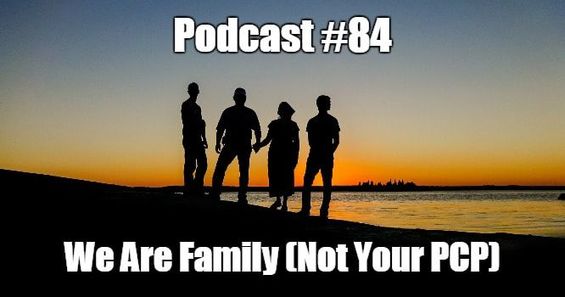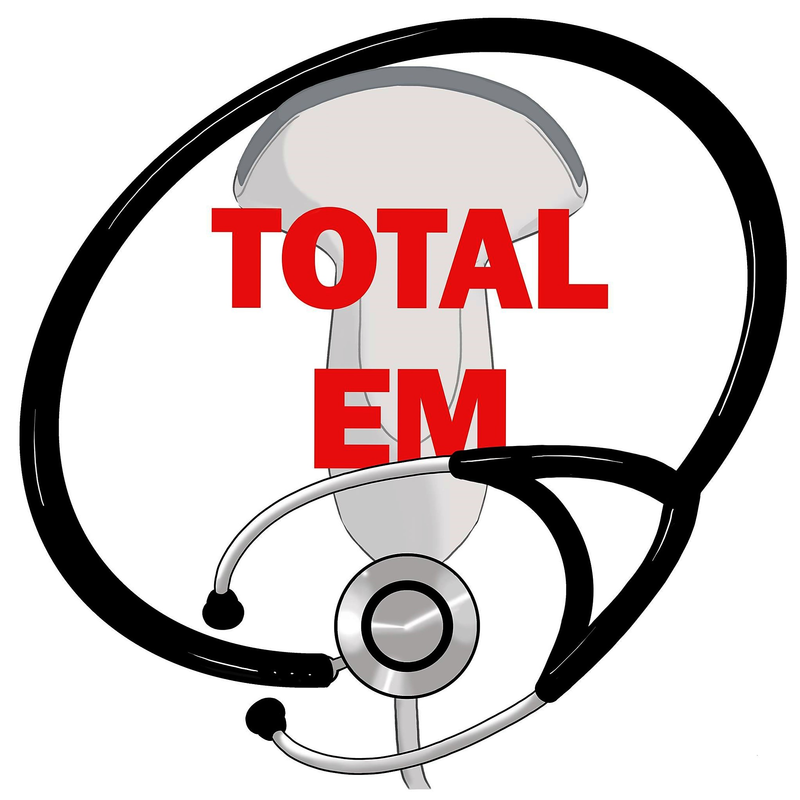|
We are medical professionals and we want to help our family and friends as much as we help our patients. However, there is a real challenge to balance how you help a family member or friend when they have medical questions or concerns. After all, most likely you are not their primary care provider (PCP).
Providing medical care to patients is what we do every shift, but trying to do the same thing with our family and friends who want our help is a challenge. Legally, this can sometimes be complicated as most states and countries have some version of legal precedence on what we can or cannot do for family. Friends tend to be more ambiguous though in most situations. It is important to know the law and explain this to those who are not your patients. Try to make a clear distinction between friend and medical provider.
Obviously, we are not talking about the friend who presents to you at your emergency department complaining of an acute medical condition. In this situation, you can appropriately see them, chart on their care, diagnose, and treat them. Also, with those clear records comes an established relationship with you being the medical provider for that event which is also billed. When a friend or family member approaches you asking you to look at their rash or complain of some vague symptoms such as feeling dizzy, there is a more difficult distinction from being the concerned friend or relative to the medical professional you are. Most likely they are not presenting in a place where you work. You probably are unable to document your encounter. And it is very likely that you are not billing them. After all, many are probably coming to you to avoid a bill in the first place. This situation is even more complex when it is done at a distance. When you cannot directly visualize the patient or rely solely on pictures for a rash, you can miss a lot of the key components seen on clinical examination. Rarely will you have the time to ascertain all the details you would need or expect to get when you are in the appropriate clinical environment. In the cases of many complaints such as the dizzy relative, you will not have access to the tests you need to help rule in or rule out pathology. All of this puts you in a certain degree of risk. What happens when you miss the life-threatening diagnosis? Unfortunately, there is very little protection for you as the provider. They may not understand the difference of medical advice versus friendly conversation. This in turn can lead to trust issues and damage relationships. Although we want to help family and friends, we have to recognize that there is a very challenging barrier that persists. You have permission to say “no” to your family and friends. It is entirely acceptable to say that they need to see their medical professional or seek out care by somehow who can do a more thorough evaluation in an appropriate medical setting. In the emergency situation, providing stabilizing care is appropriate but in the non-emergent situations, try to encourage them to seek out the most appropriate care. This is especially true when they ask for information outside of your specialty. There is so much to medicine that we can never know it all and this is usually an easy one to redirect their care. Sometimes we can look at a situation and tell that an action needs to be taken. You can vocalize your concerns but explain that further evaluation and treatment is needed in the right setting and that you cannot offer it to them directly, but will be happy to direct them to the appropriate resource. If someone has a condition that requires treatment or requests a prescription, this is often easier as we can usually defer to laws or policies that prevents us from treating patients outside of our established practice and/or to relatives. It is a hard conversation, but one we often have to have with family and friends. Be courteous, kind, and compassionate. However, do not perform an action that could bring you personal or professional risk. Let us know what you think by giving us feedback here in the comments section or contacting us on Twitter or Facebook. Remember to look us up on Libsyn and on iTunes. If you have any questions you can also comment below, email at [email protected], or send a message from the page. We hope to talk to everyone again soon. Until then, continue to provide total care everywhere.
0 Comments
Leave a Reply. |
Libsyn and iTunesWe are now on Libsyn and iTunes for your listening pleasure! Archives
August 2022
Categories |
||||||


 RSS Feed
RSS Feed